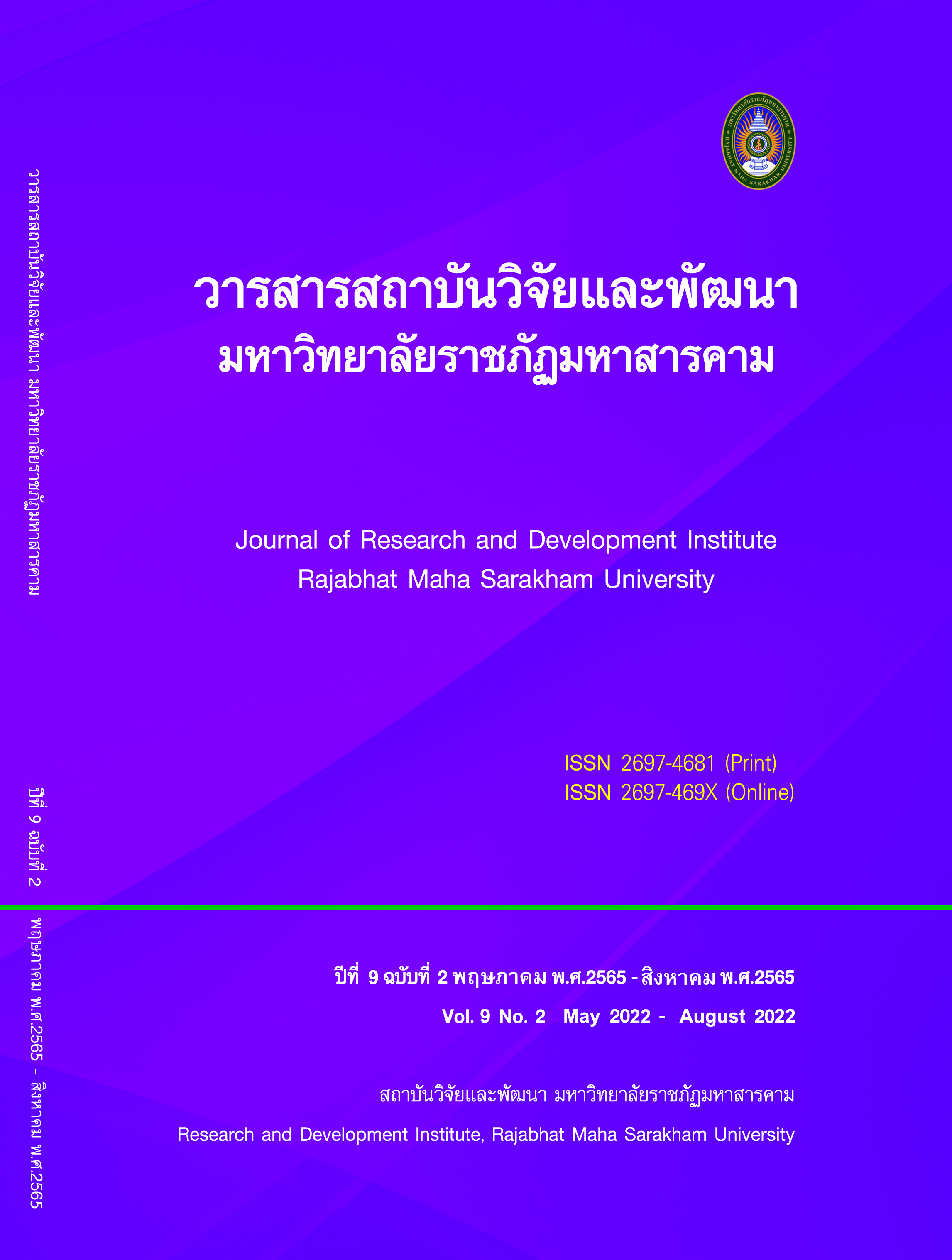Populism: What We can Learn from Latin America and the World
Keywords:
populism, Latin America, ThailandAbstract
Grounded on the (mis)understanding of populism in Thailand, this paper revisits a wide range of conceptual frameworks of populism in Latin America and the world. I propose that we should categorize them broadly into two groups according to their ontological significance: political or economic. Particularly fundamental in this paper will be theories, observations, and debates in Latin American populism studies, especially those put forth by Gino Germani, Torcuato di Tella, Kurt Weyland, Ernesto Laclau, Kirk A. Hawkins, Cas Mudde, Cristóbal Rovira Kaltwasser, Carlos de la Torre, and Rudi Dornbusch with Sebastian Edwards. Drawing on different conceptual frameworks developed here, a number of Latin American cases that have frequently been mentioned in Thai media outlets when they refer to the perils of populism are concomitantly examined: Argentina, Brazil, Peru, and Venezuela. Essentially, the analysis focuses on the three countries’ socioeconomic developments and changes in public policies to assess how and why populisms in Argentina, Brazil, Peru, and Venezuela – depending on theoretical lens, time and space – can or cannot be qualified as political and/or economic populism.
References
Auyero, J. (2001). Poor People’s Politics : Peronist Survival Networks and the Legacy of Evita. Duke University Press.
Boonma, S. (2003). Prachaniyom: Hayana Jak Argentina Tueng Thai? [Populism: A Disaster from Argentina to Thailand]. Bangkok: Nation Books.
———. (2012_. Prachaniyom: Hontang Su Hayana [Populism: Path towards Disaster]. Bangkok: Post Publishing.
Boonmee, T. (2004). Road Map Prathet Thai [Road Map Thailand]. Bangkok: Saitharn.
Canovan, Margaret. 1981. Populism. New York: Harcourt Brace Jovanovich.
De la Torre, C. (2000). Populist Seduction in Latin America: The Ecuadorian Experience. Research in International Studies ; Latin America Series No. 32. Athens: Ohio University Center for International Studies.
Dornbusch, R., and Edwards. S. (1991). The Macroeconomics of Populism in Latin America. Conference Report (National Bureau of Economic Research). Chicago: University of Chicago Press.
Edwards, S. (2012). Left behind : Latin America and the False Promise of Populism. Paperback. Chicago: The University of Chicago Press.
Finchelstein, F. (2017). From Fascism to Populism in History. Oakland, California: University of California Press.
Germani, G. (1962). Política y Sociedad En Una Época de Transición : De La Sociedad Tradicional a La Sociedad de Masas. Biblioteca de Psicología Social y Sociología. Buenos Aires: Editorial Paidos.
———. (1969). “Stages of Modernization.” International Journal 24, no. 3: pp. 463–85.
Hawkins, K. A., and Rovira Kaltwasser, C. (2017). “The Ideational Approach to Populism.” Latin American Research Review 52, no. 4: pp. 513–28
Huntington, S.P. (1991). The Third Wave: Democratization in the Late Twentieth Century. Norman: University of Oklahoma Press.
Ionescu, G., and Ernest, G. (1969). Populism: Its Meaning and National Characteristics. New York: Macmillan.
Laclau, E. (2005a). On Populist Reason. London: Verso.
———. (2005). “Populism: What’s in a Name?” In Populism and the Mirror of Democracy, edited by Panizza, F. London, England: Verso, pp. 32-49.
Laothamatas, A. (2006). Thaksina-Prachaniyom: Kwammai, Panha Lae Tang Ork [Thaksin–Populism: Meaning, Problems, and Solutions]. Bangkok: King Prajadhipok’s Institute.
López-Maya, M., and Panzarelli, A. (2012). “Populism, Rentierism, and Socialism in the Twenty-First Century: The Case of Venezuela.” In Latin American Populism in the Twenty-First Century, edited by De la Torre, C. and Arnson, C.J. Washington, D.C.: Woodrow Wilson Center Press, pp. 239-268.
Malloy, J. (1987). “The Politics of Transition in Latin America.” In Authoritarians and Democrats: Regime Transition in Latin America, edited by Malloy, J. and Seligson, M. Pittsburgh: University of Pittsburgh Press, pp. 235-259.
Mudde, C., and Rovira Kaltwasser, C. (2017). Populism: A Very Short Introduction. New York: Oxford University Press.
O’Donnell, G. A. (1988). Bureaucratic Authoritarianism: Argentina, 1966-1973, in Comparative Perspective. Berkeley: University of California Press.
Pappas, T. (2019). Populism and Liberal Democracy : A Comparative and Theoretical Analysis. Oxford: Oxford University Press.
Panizza, F. (2005). “Introduction: Populism and the Mirror of Democracy.” In Populism and the Mirror of Democracy, edited by Panizza, F. London: Verso, 2005, pp. 1-31.
Plotkin, M.B. (2003). Mañana Es San Perón : A Cultural History of Perón’s Argentina. Wilmington, Del.: SR Books.
Tangkitvanich, S. (2014). “Korsanue Patiroop Karnmueng Pue Lod Panha ‘Nayobai Prachaniyom’ Yang Pen Prachatipatai [Proposals for Political Reforms Aimed at Democratically Solving ‘Populist Policies’ Problems].” Thailand Development Institute (TDRI). https://tdri.or.th/2014/10/howto- resolvepopulistpolicy-bydemocracy.
Tella, T.D. (1965). “Populismo y Reforma En América Latina.” Desarrollo Económico 4 (16): 391–425.
Weyland, K. (2001). “Clarifying a Contested Concept: Populism in the Study of Latin American Politics.” Comparative Politics 34 (1): pp. 1–22.
———. (2013). “Populism and Social Policy in Latin America.” In Latin American Populism in the Twenty- First Century., edited by De la Torre, C. and Arnson, C.J. Washington, D.C.: Woodrow Wilson Center Press, pp. 117-144.
Downloads
Published
How to Cite
Issue
Section
License
Copyright (c) 2022 Journal of Research and Development Institute Rajabhat Maha Sarakham University

This work is licensed under a Creative Commons Attribution-NonCommercial-NoDerivatives 4.0 International License.
Articles that are published are copyrighted by the authors of the articles







